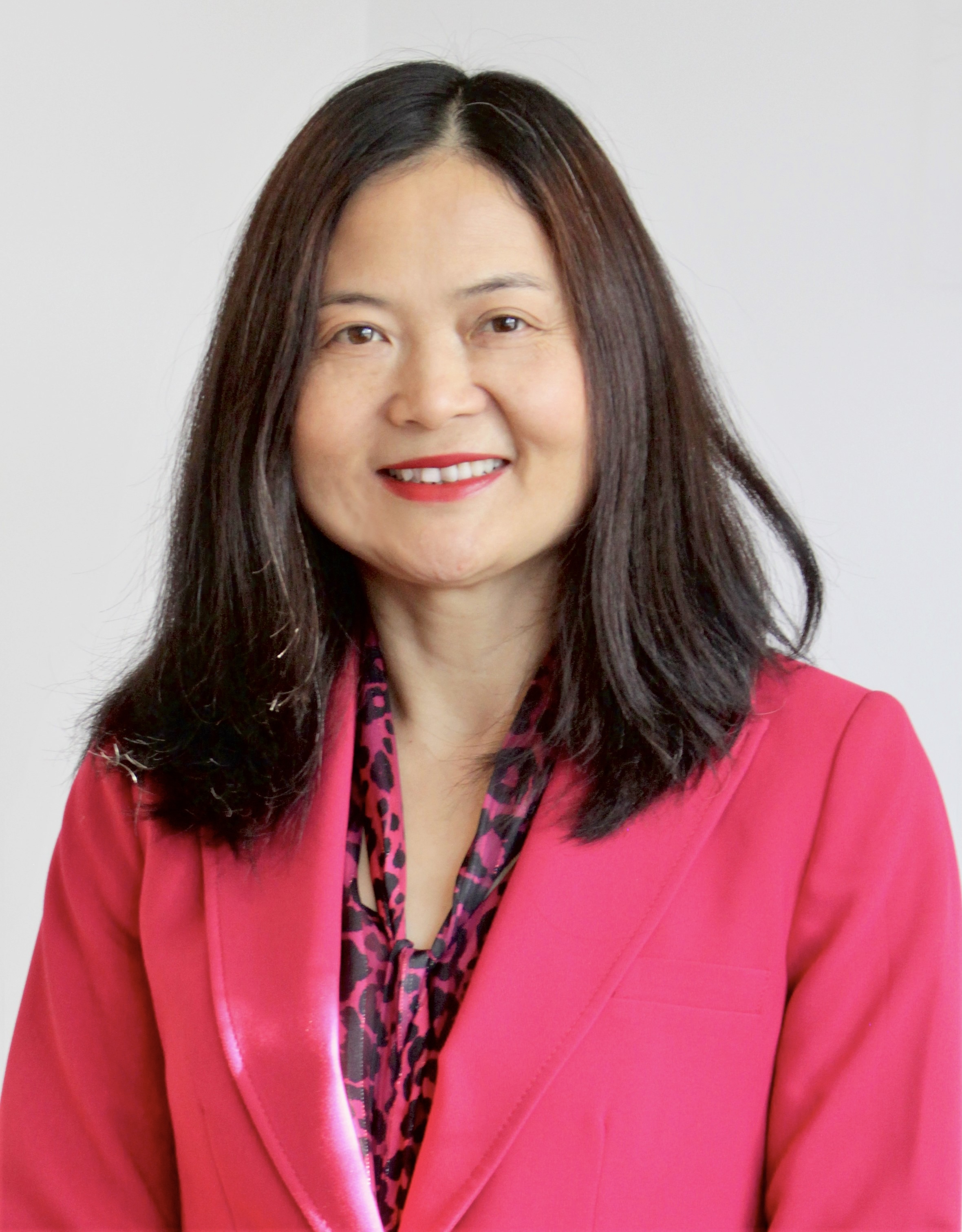The Language Sciences Institute is excited to announce that Dr. Guofang Li will assume the role of Co-Director!
Dr. Guofang Li is a Professor at the Department of Language and Literacy Education, UBC. She is also a Tier 1 Canada Research Chair in Transnational/ Global Perspectives of Language and Literacy Education of Children and Youth. Her program of research aims to improve the life success of immigrant and minority students by addressing the cultural, linguistic, instructional, and structural barriers in their literacy learning. It also stresses the importance of community engagement and school-home collaboration in enhancing students’ academic achievements and wellbeing.
She is currently co-leading a university-community-school collaborative research project on promoting culturally and linguistically diverse students’ reading motivation and engagement in multiple languages in a local school district. As well, she is collaborating nationally and internationally on several projects that aim to promote equity, diversity, and advocacy in teacher education. Her recent works include International Handbook of Literacies in Families and Communities (Forthcoming, Edward Edgar Publishing Handbook on Promoting Equity in Education for Inclusive Systems and Societies (2024, Routledge), Superdiversity and Teacher Education (2021, Routledge), Languages, Identities, Power and Cross-Cultural Pedagogies in Transnational Literacy Education (2019, Shanghai Foreign Language Education Press), and Educating Chinese-heritage Students in the Global-Local Nexus: Identities, Challenges, and Opportunities (2017, Routledge).
We spoke to Dr. Li about her new position as Language Sciences’ Co-Director.
1. Prior to becoming its Co-Director, what was your engagement with Language Sciences?
I was involved in Language Sciences since its days as a research cluster, subsequently contributing to its application to becoming an established Institute in 2020. I have been part of its steering committee ever since, co-leading the Language, Sustainability & Transnationalism Research and the Enhancing Language & Literacy Education Initiative respectively. I also helped create an Early Childhood Literacies position for LS and the Faculty of Education, and supported a Black Faculty cluster hire initiative facilitated by the Faculty of Arts.
2. How do you feel about coming on board as Co-Director, and what is your vision for the Institute?
I am excited about the many opportunities and challenges the role presents. Language Sciences has access to an excellent cross-disciplinary research networks ideal for forming collaborations and partnerships. Together, we can enrich public knowledge and promote equity, diversity and inclusion in language-sciences-related areas. My goal is to further expand the network within and beyond UBC, and to encourage BIPOC members’ and students’ engagement. We should also aim for a closer interaction with the education sector, and to provide more (career) mentoring in promotion EDID. I hope our research can eventually make an impact on public policy and discourse engagement.
3. What new perspectives are you hoping to bring to Language Sciences?
As my research is largely anchored around the literacy of minority children in a multi-lingual and cultural environment, I am acutely aware of the importance of understanding and customizing our support for people from diverse linguistic backgrounds. My research also recognises the importance for schools, communities, and parents and guardians to collaborate to bring about the best educational experiences for our children. By communicating our research more effectively to our practitioners and other researchers, we can make a bigger impact on communities and policymakers to enhance changes.
Please join us in welcoming Dr. Guofang Li as Language Sciences’ Co-Director!
